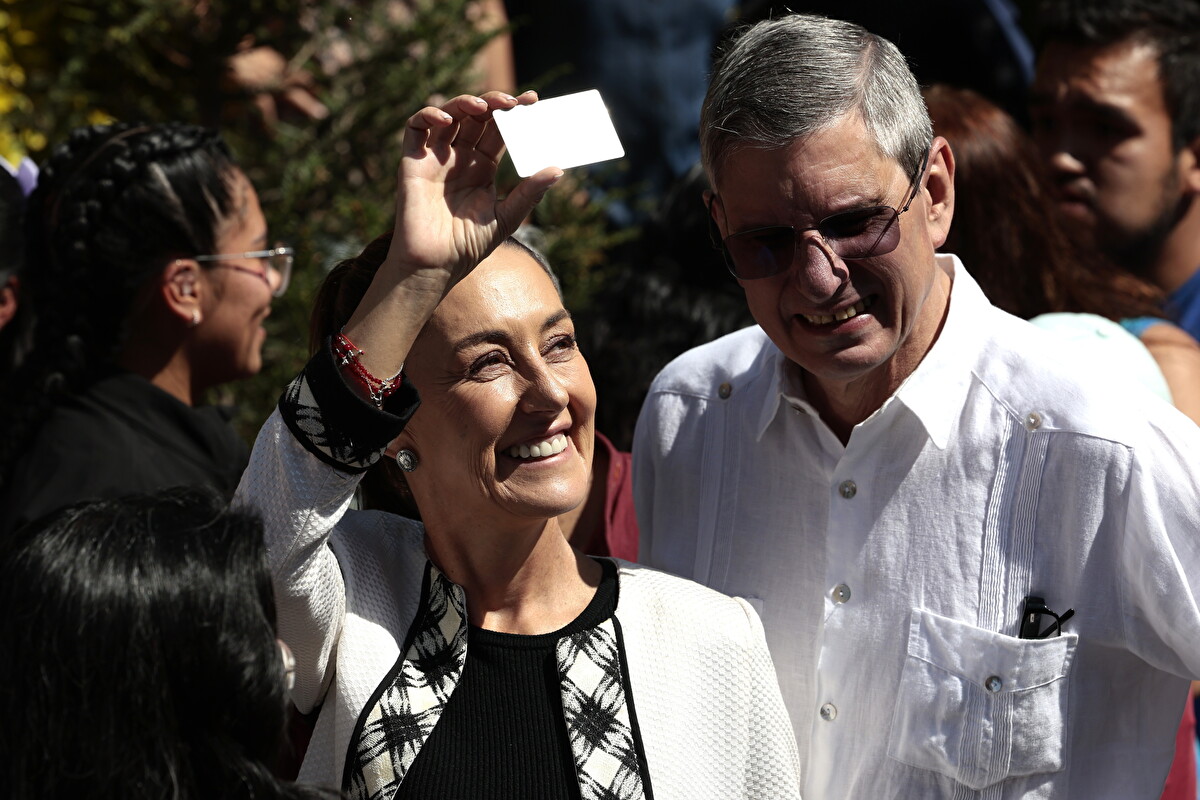In the intricate dance of legal proceedings, few figures have captured the public’s attention quite like Alex Spiro, the high-profile attorney known for his roster of celebrity clients and headline-grabbing cases. The latest chapter in Spiro’s career involves none other than New York City’s Mayor, Eric Adams, who has found himself embroiled in a series of legal challenges that have sent ripples through the political landscape.
The choice of Spiro to defend the embattled mayor may be a nod to Spiro’s legal acumen, but it also highlights the complexities and nuances of high-stakes legal defense. The list of people that Spiro has defended reads like a Who’s Who of celebrities: Alec Baldwin, Elon Musk, Megan Thee Stallion, Jay-Z, Mick Jagger, Thabo Sefolosha, Robert Kraft, Julian Edelman, Aaron Hernandez and Jay-Z. Spiro brings a wealth of experience and a track record of success to the table. With the gravity of the charges against him, Adams is going to need every bit of Spiro’s talent and legal insight and pliability.
The cases against Mayor Adams range from corruption and bribery charges to allegations dating back to his time in the police department. These accusations have turned City Hall on its head, with the public and media alike scrutinizing every development. Amidst this turmoil, Spiro’s role is pivotal. His strategy, approach, and ultimately, his ability to navigate the legal system will play a significant role in the outcome of these cases.

What makes Spiro’s defense noteworthy is not just the high-profile nature of the cases but also the broader implications for the political climate of New York City. The outcomes of these legal battles could have far-reaching consequences for the city’s governance and Mayor Adams’ political future.
This is especially true when we consider the notable number of resignations and dismissals that we have seen recently among city officials. The chief legal counsel to the mayor, Lisa Zornberg, resigned amid the unfolding events. Additionally, two former chiefs of the Fire Department were indicted on bribery charges and subsequently retired from their positions. The police commissioner also resigned following the seizure of his phone by federal agents as part of an investigation. These incidents reflect a significant upheaval within the city’s administration, indicating the gravity of the legal challenges being faced. The situation remains dynamic, with ongoing investigations that could potentially lead to further changes in the city’s leadership structure.
In the meantime, many in the public are applying pressure for Adams’ resignation and Governor Kathy Hochul has made ambivalent statements on the subject, signaling that she would allow him a few days to reflect on his situation before possibly taking the extraordinary step of calling for his resignation.
“While I review my options and obligations as the Governor of New York, I expect the Mayor to take the next few days to review the situation and find an appropriate path forward,” Hochul wrote in a statement.
“We must give New Yorkers confidence that there is steady, responsible leadership at every level of government,” she added.
In response, the Reverend Al Sharpton implicitly rebuked Hochul, reminding her and the critics calling for his resignation, that the Mayor is entitled to due process.

As the public watches on, the saga of Alex Spiro and Eric Adams continues to unfold, a real-life legal drama that underscores the intersection of law, politics, and the power of a robust defense. The story is still being written, and its chapters will be studied by legal enthusiasts and political analysts for years to come.
Another question that emerges for New Yorkers is, who is paying for Adams’ defense? Are public funds being tapped for it? According to sources, a legal defense fund has been established to manage the expenses related to the federal inquiry into his campaign’s fundraising activities. This fund allows private donors to contribute to his legal expenses.
Notable contributions have come from various individuals, including Brian France, the former chairman and CEO of NASCAR, and Robert Kraft, the owner of the New England Patriots, who have made significant donations to both Adams’ campaign and his legal defense fund.
The establishment of such a fund is a common practice for public figures facing legal challenges, enabling them to finance their defense without using personal or public funds. The creation and use of legal defense funds are regulated to ensure transparency and prevent conflicts of interest, but one could ask, why should an accused individual not be personally responsible for funding his own defense? And perhaps, given the nature of the accusations of corruption and bribery, we could also ask, what do the donors expect in return?












